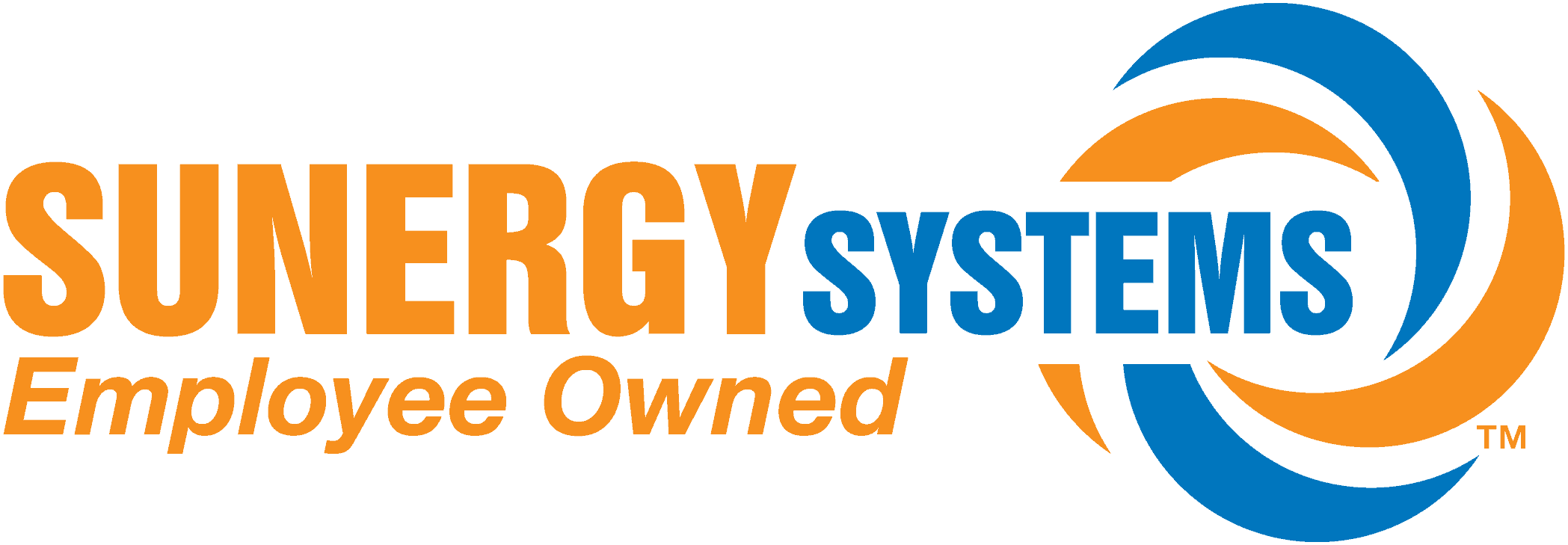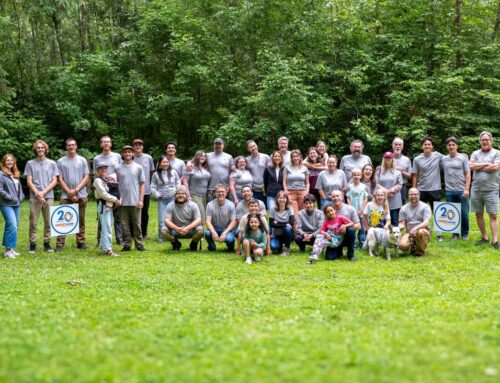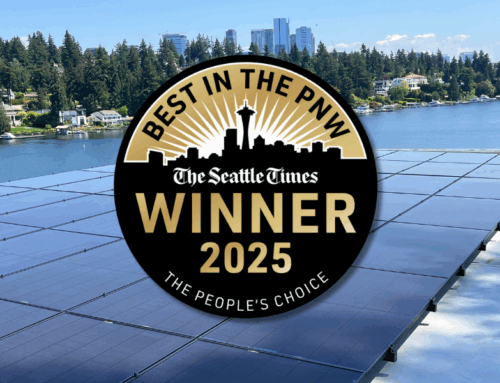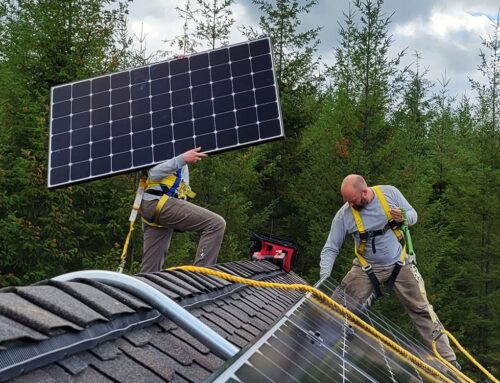The allure of solar energy has never been stronger, especially with the plethora of advertisements promising free solar power. However, in Washington State, a closer look reveals a different reality. Door-to-door salespeople, misleading ads, high-pressure sales tactics, and subpar installations driven by out-of-state solar companies have prompted a significant legislative response to protect consumers and ensure fair practices in the rapidly growing solar sector. Homeowners have been bombarded with misleading to downright deceptive ads that are outright false, such as:
- Free or no cost Solar
- See if your zip code or house qualifies
- The government will pay for your solar
- Incentives end soon, act now
- Your utility will pay you for generating excess solar
- New roof replacement qualifies for solar incentives
Washington lawmakers have recognized the need for stronger oversight, passing a bill aimed at enhancing consumer protections for solar installations called the Solar Consumer Protection Act, SHB2156. The Washington Solar Energy Industries Association (WASEIA), which advocates for the interests of consumers, was asked to collaborate, along with other concerned stakeholders, by the Washington Department of Commerce to help shape the drafting of the language to effectively deter unethical practices while avoiding penalizing ethical companies. Of note: Sunergy Systems is a founding member of WASIEA and Sunergy’s company president, Jon Lange, is also WASEIA’s Vice President.
This move comes amid rising complaints about aggressive door-to-door sales practices, deceptive marketing strategies and the quality of solar installations. The state has seen cases where homeowners are left with damaged properties and ineffective solar panels, due to shoddy workmanship and cheap solar panels. Others report misleading promises of significant savings and incentives.
The legislation, recently signed by Governor Jay Inslee, marks a crucial step towards accountability and transparency in the solar industry. By mandating detailed disclosures and honest estimates of electricity bill savings, the bill empowers consumers by revealing the information they need to make informed decisions. Additionally, it introduces enforcement mechanisms to address malpractices, mandates that salespeople work for the solar company, and offers protection from predatory sales techniques and subpar installation work.
This legislative effort sets a standard for the future of solar. Reputable solar companies and trade associations supported the bill, understanding that integrity and trust are foundational to their growth and the industry’s reputation. On the flip side, the new legislation poses challenges for companies that have relied on less scrupulous business practices and have outsourced their sales teams. The new law aims at curtailing predatory behavior and ensuring that the solar industry grows in a manner that benefits both consumers and the environment.
With its enactment, the hope is that Washington’s approach will inspire similar actions in other states, fostering a sustainable and consumer-friendly solar industry nationwide. With solar power playing a pivotal role in America’s energy future, the need for robust consumer protection has never been more apparent.
Washington’s legislative response is a beacon of hope, demonstrating that with the right measures, it’s possible to harness the sun’s power in a way that is fair, transparent, and beneficial for all.









